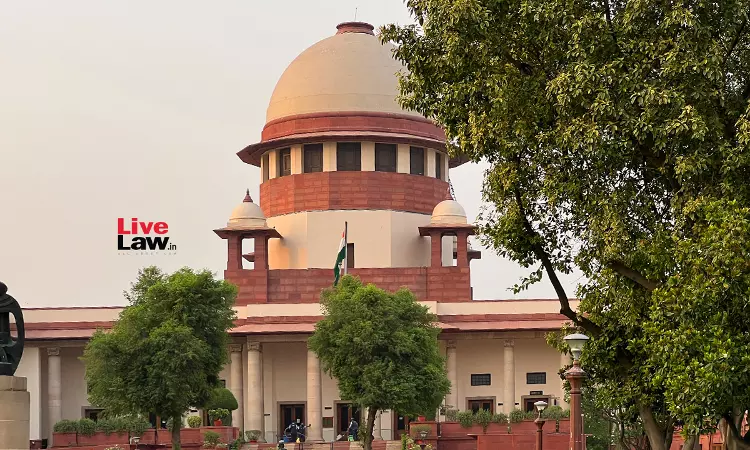Every Breach Of Promise To Marry Is Not 'Rape' : Supreme Court Acquits Man Sentenced To 10 Years Imprisonment
Ashok KM
30 Jan 2023 7:09 PM IST

Next Story
30 Jan 2023 7:09 PM IST
The Supreme Court observed that it would be a folly to treat every breach of promise to marry as a false promise and to prosecute a person for the offence of rape under Section 376 IPC.One cannot deny a possibility that the accused might have given a promise with all seriousness to marry her, and subsequently might have encountered certain circumstances unforeseen by him or the...
